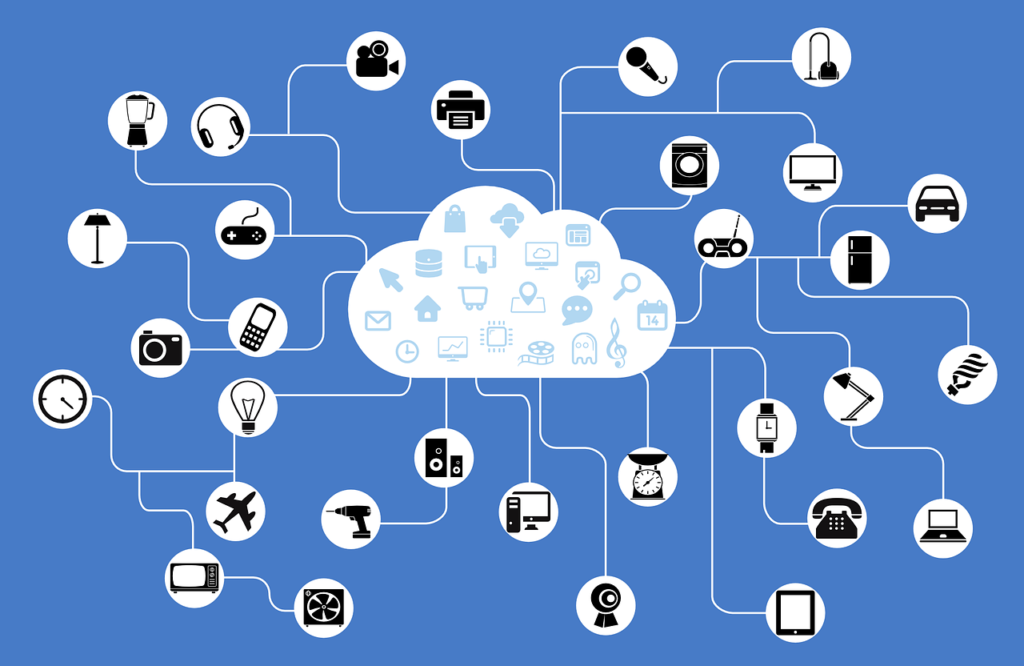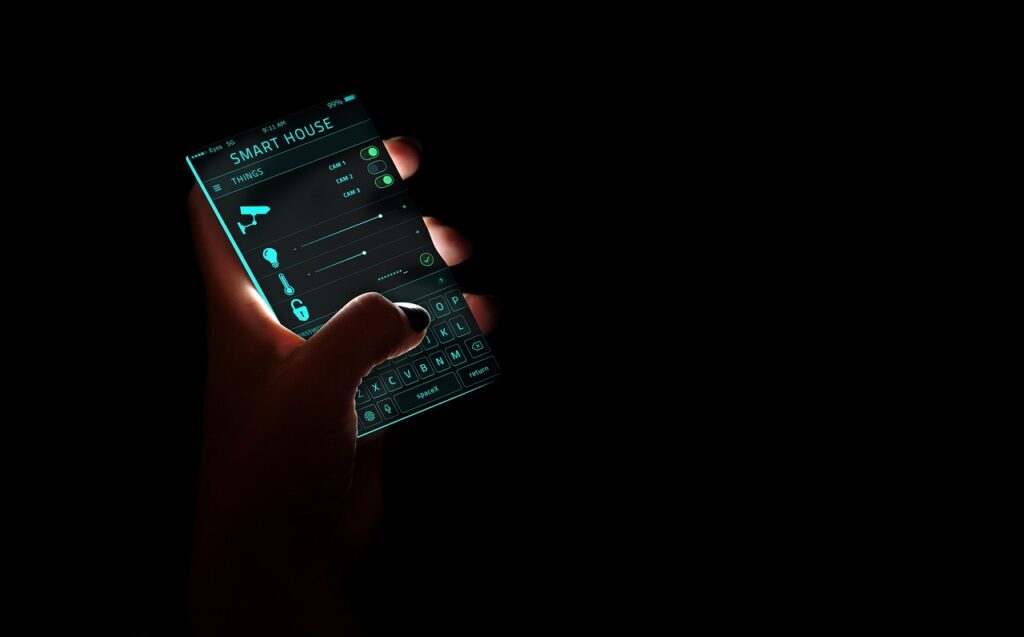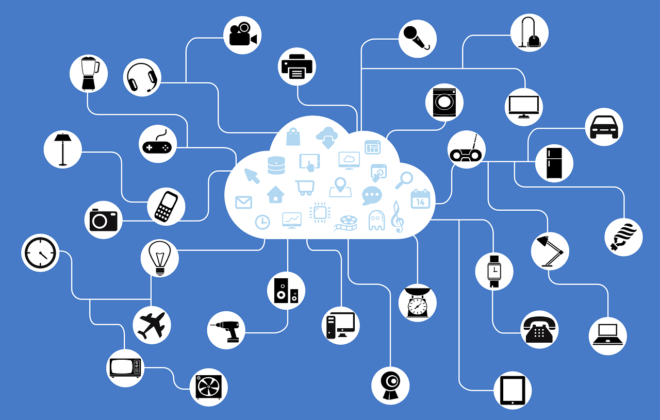Everything we once watched in science fiction movies and imagined in our dreams is now slowly entering through a small door on the big stage — we are talking about a smart technological world filled with smart devices. Nowadays it is possible to make a cup of coffee only with verbal commands. We no longer need to get up from the couch to make it on our own. That’s the pleasure of living in the world of internet stuff! The Internet of Things (IoT) refers to home devices, vehicles, portable devices, and other devices that connect to the Internet and exchange data with each other. It’s 2022 and it’s safe to assume that you currently own at least one such device. To be precise, it is estimated that there are about 20 billion IoT-connected devices in the world, leading to statistics that every household owns at least 5 such devices. But with all these amazing numbers, less than 1% of objects around us could connect to the Internet, which leaves a lot of space and potential for IoT development.
The future of IoT looks promising. It already affects our lives, our homes, the cities we live in, and the way we work, travel, or communicate with the world around us. The main areas where IoT is being developed are smart homes, smart offices, and smart cities. We will cover the first two areas here.

Home is where you control your world
The smart home we’ve seen in science fiction movies hasn’t fully arrived yet, but its potential now is huge and largely unfulfilled. Although we still don’t have refrigerators ordering groceries as soon as we run out of coconut milk or carrots, be patient. Thanks to the latest advances in artificial intelligence and big data analysts, we will get there soon. Over the next two years, our homes will slowly be filled with more and more smart devices. About ten years from now living in a smart home with interconnected devices, which are intelligent and independent enough to run our household, will become standard practice. In the future, smart homes will have a certain hierarchy where everything will be managed by the central platform (aka the brain). Next in rank will be service bots that will deal with a specific set of functions associated with more difficult tasks, and ultimately there will be niche bots in charge of individual tasks such as vacuuming the house.
Who is in charge of my home?
The roles of home bots and their impact on our lives will be diverse and will range from some basic tasks like window cleaning to more complex duties like accounting, garden management, or housekeeping. The platform that will manage the smart home will serve as the basis for the integration of other smart devices, while at the same time communicating with the end-user by providing a logical and intuitive interface. As for the development side, it is not surprising that Apple, Google, Amazon, and Samsung are currently the leaders in the development of smart devices, while in the case of central control systems it is Crestron. As for the other vendors, each is gradually trying to develop its application that must or at least should be able to fit in with other IoT stuff.

Office of the Future
The main purpose of IoT in the workplace is to make workers’ lives more convenient and efficient. Artificial intelligence and advanced analytics can help create a smarter work environment. The current achievements of IoT are that smart systems set the right temperature in common office spaces, help us book the most suitable meeting room, care about air quality in the room, adapt lighting to natural light or provide a presentation and video collaboration using only voice commands or remote control. All these virtues ensure more efficient office operations, save energy, create a pleasant working environment, and consequently increase employee productivity. However, the adoption of smart offices also comes with several concerns. Its main concern is the cost of implementation, employee privacy, and dependence on some external factors such as WiFi or power supply.
However, there are many more positive examples than negative ones. It is predicted that soon the possibilities will be far greater. With all the predictions in mind, our lives will be easier and more efficient precisely because of smart devices, whether we are talking about navigation at the end, interaction at work, or accommodation in the comfort of our own homes. However, there is one limitation that IoT devices face in all these sectors — the problem of interconnectedness and communication between all these smart devices.
As a leader in control systems, Crestron has tackled this problem when it comes to homes and offices. Any device that has a specific API or any other form of communication can be integrated into the Crestron management system. If you need help planning, integrating, and developing a management system, ONIO Interactive will be happy to help you overcome this problem.
